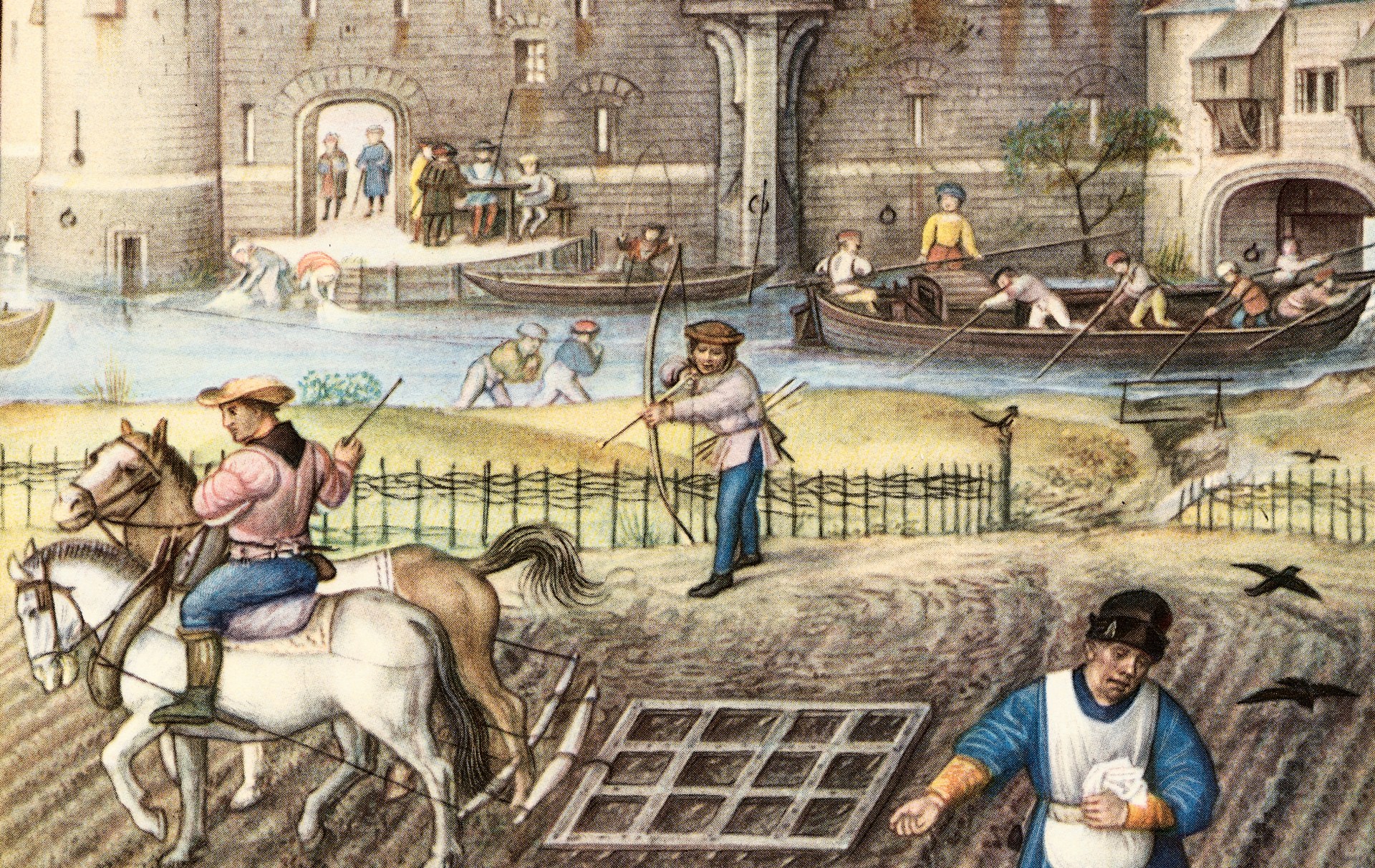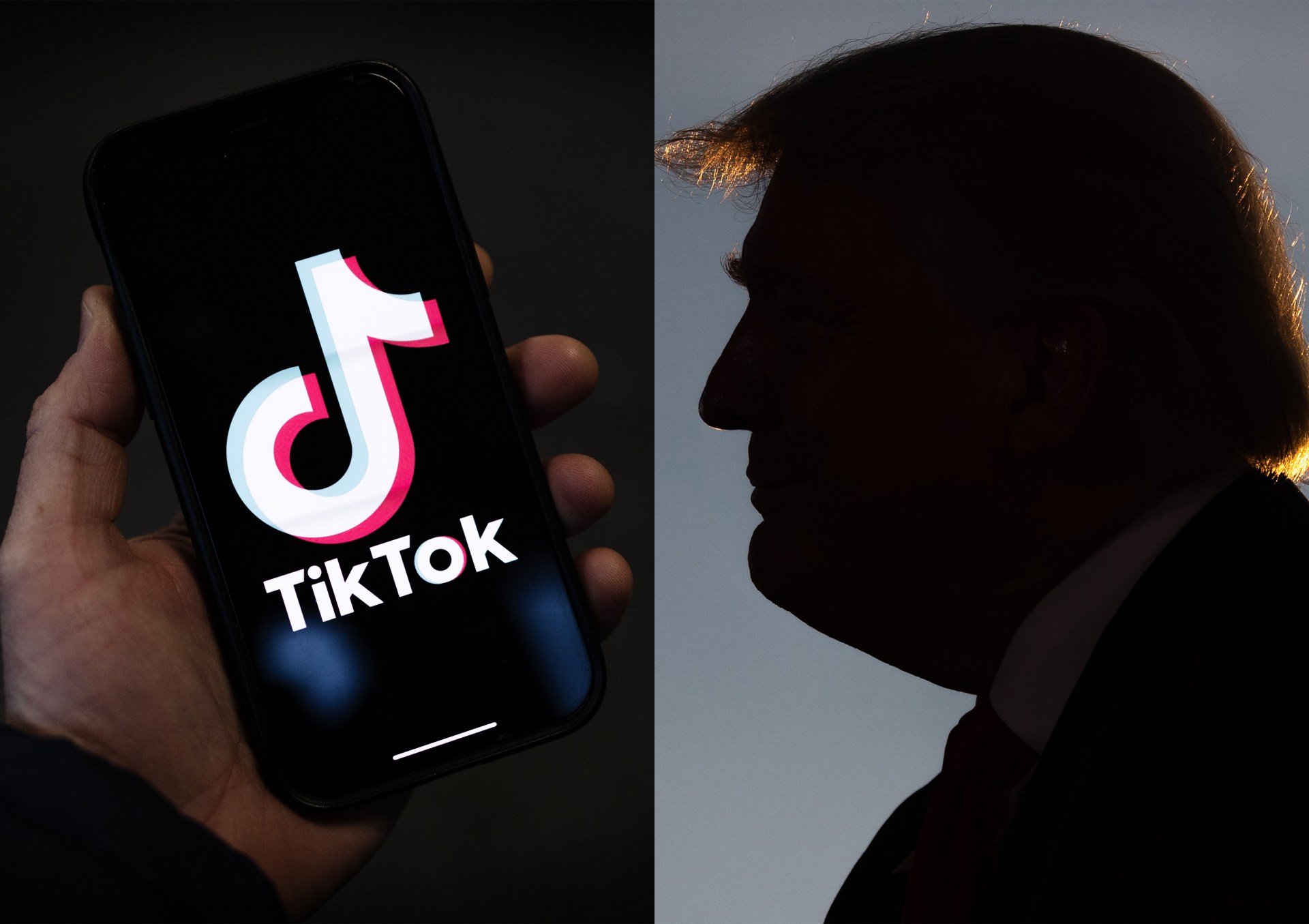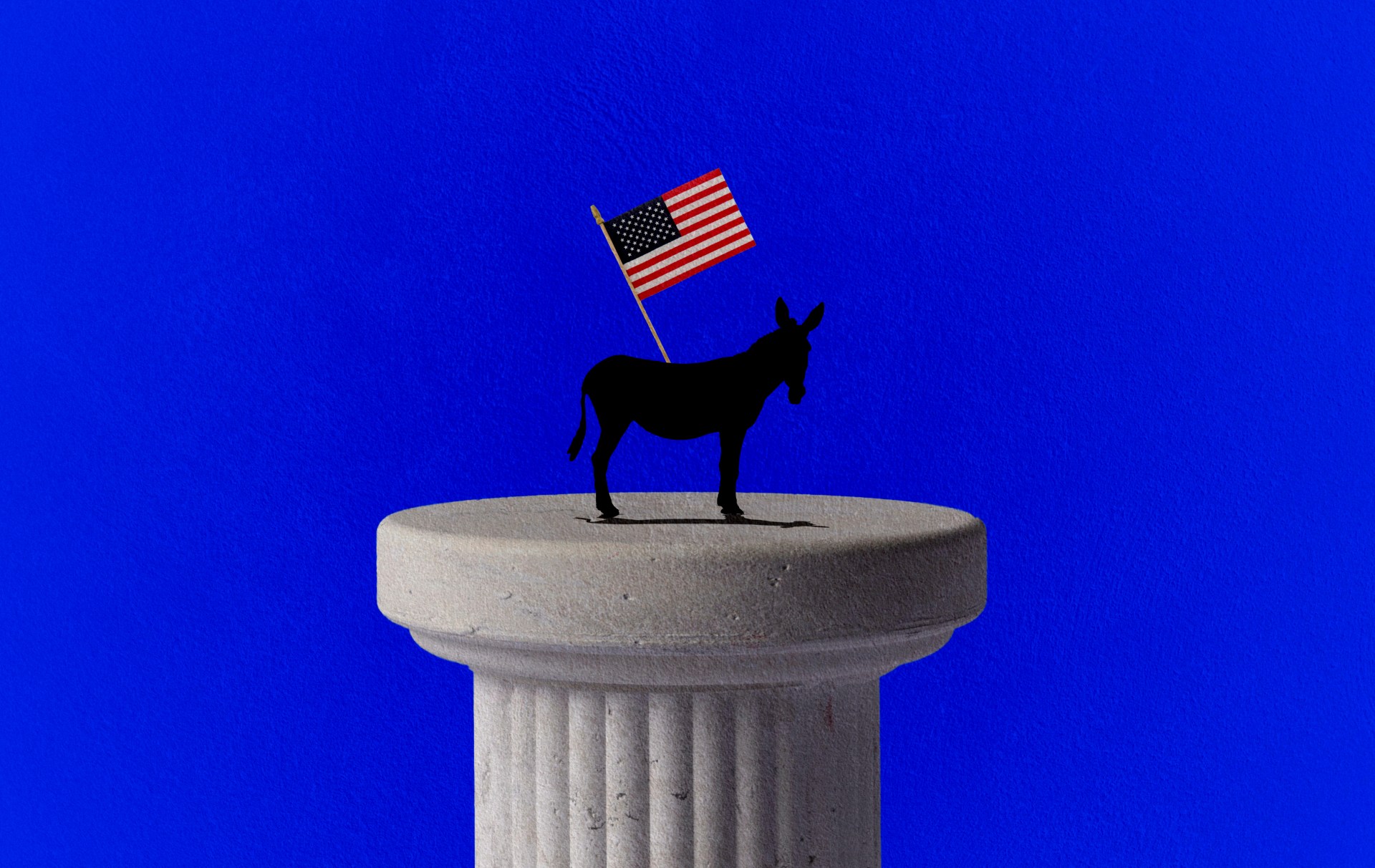MINNEAPOLIS—Politics came to a screeching halt this week, if only briefly, as Democratic and Republican leaders digested the news of yet another school shooting, with the perpetrator spraying Annunciation Catholic Church with bullets as students at the institution’s K-8 school participated in a morning Mass.
Across town, where the Democratic National Committee was getting Day 3 of its summer business meeting underway, Chairman Ken Martin directed the party to cut the proceedings short as news about the severity of the shooting became clear. Planned speeches from Sen. Chris Murphy of Connecticut and Rep. Ilhan Omar of Minnesota were canceled, as were discussions of upcoming off-year elections in New Jersey and Virginia and the 2026 midterm elections that would have necessarily included heavy criticism of President Donald Trump.
“By now, many of you have heard there was a shooting this morning that took place at Annunciation Church and Catholic School in South Minneapolis, no more than 10 minutes from where we are now.
“At this moment, we are praying for the families, the students and the teachers at Annunciation. We are praying,” Martin told DNC delegates who had gathered in a downtown Minneapolis hotel ballroom for the final day of the meeting.
“We are heartbroken,” Martin added. “This is a tragic day for our city—a tragic day for Minnesotans. On the heels of a tragic year where we already lost our dear friends Melissa and Mark Hortman. And it’s unacceptable. It is far too commonplace in our nation. It’s just too commonplace.” (Martin declined to take questions from reporters afterward.)
Meanwhile, Trump spoke with Minnesota Gov. Tim Walz, the 2024 Democratic presidential nominee, by telephone, with the two political adversaries momentarily putting their differences aside. Trump then issued a proclamation honoring the victims of the Annunciation shooting and ordered U.S. flags to be flown at half-staff to “honor the victims of the senseless acts of violence.”
Our regularly scheduled rough and tumble political programming was likely already back up and running by the time this week’s Dispatch Politics hit your inbox. But the fleeting interruption, brought about by such an awful event, seemed worth recording. Regarding regular political programming: Here’s some of what The Dispatch had to offer on that front this past week.
Top Stories From the Dispatch Politics Team
Sharp Democratic divisions over the United States’ support for Israel became plainly apparent Tuesday during the Democratic National Committee summer meeting, prompting national Chairman Ken Martin to hastily announce he would initiate a task force to further debate the party’s position on the issue. “There’s a divide in our party on this issue. This is a moment that calls for shared dialogue,” Martin said in remarks before the DNC resolutions committee, as reporters looked on. “I am going to appoint a committee or task force comprised of stakeholders on all sides of this to continue to have the conversation, to work through this, and bring solutions back to our party.”
Let’s assume for a moment that last week’s search and seizure at the home and office of John Bolton, the former national security adviser, was a sound and justifiable use of federal law enforcement resources. Yes, there are many obvious reasons to suggest Bolton’s targeting is unfair political retribution. But if this apparent investigation into Bolton over whether he has illegally shared or possessed classified information is based on actual evidence, how would things have unfurled?
Why does the American muscle car seem to be dying off? What, if anything, is America losing as it fades away? I set out to answer these questions after The Dispatch’s editors encouraged us writers to expand our horizons beyond the typical political fare. I decided that if I couldn’t own a muscle car, at least I could write about it. And that’s how I ended up in Pontiac, Michigan, earlier this month inhaling the smoke of burning rubber and talking to muscle-car enthusiasts.
In a recent podcast, Tucker Carlson praised feudalism as “so much better than what we have now” because a ruler is “vested in the prosperity of the people he rules.” This romantic view of medieval hierarchy ignores a brutal reality: For most people, feudalism meant grinding poverty, disease, and early death. As Gale L. Pooley and I found in our 2022 book Superabundance, society in preindustrial Europe was bifurcated between a small minority of the very rich and the vast majority of the very poor. One 17th-century observer estimated that the French population consisted of “10 percent rich, 50 percent very poor, 30 percent who were nearly beggars, and 10 percent who were actually beggars.”
The White House is now on TikTok. This official government account posted on the short-form video-sharing platform for the first time last week, sharing a 27-second clip featuring excerpts from a speech delivered by President Donald Trump. But the White House’s foray onto TikTok is remarkable, and troubling, for a fairly straightforward reason: It’s likely in violation of the letter and the spirit of the law.
It has been something to watch such figures as Ezra Klein and Matthew Yglesias conclude that their professional time is best spent trying to force upon fellow progressives an understanding of a few necessary truths, i.e., that if we built a lot more houses, there would be a lot more houses. Klein has even gone as far as to acknowledge some of the century-old (or older) lessons to be had from public-choice economics and the work of the Austrian economists (e.g., that people who have much to gain by shaping regulations will put a lot more work into doing so than people who have nothing to gain) though he sometimes writes as though these were ideas without ancestries, as though he deduced them for himself two weeks ago. Still, more joy in Heaven and all that.
Enjoying our Dispatch Politics Roundup? Consider forwarding this article to someone you know who likes independent, fact-based journalism.























